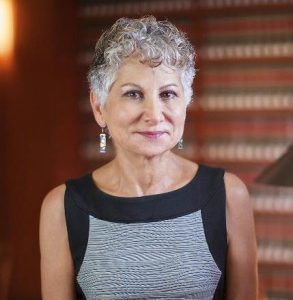Sociology Colloquium, 5/5/2021
Eyes Wide Shut: Using Accreditation Regulation to Address the “Pass the Harasser” Problem in Higher Education

Theresa Morris
Dr. Theresa Morris, Texas A&M University

Susan Fortney
J.D., LL.M., J.S.D. Susan Fortney, Texas A&M University School of Law
Universities and colleges have long struggled with sexual harassment and misconduct, pervasive harms that they have only recently been forced to confront and take seriously. In the wake of the #MeToo movement, transparency and scrutiny around this have increased. Sexual harassment by faculty and administrators is, in part, perpetuated by the frequency of one-on-one interactions between perpetrators and victims, and the institutional tolerance afforded to such misconduct. Recognizing the costs and consequences of sexual misconduct and their legal obligations, colleges and universities annually devote hundreds of millions of dollars to addressing sexual harassment and misconduct. Despite these efforts, one problem that largely goes unaddressed is the relative ease with which harassers may move from school to school with limited or no scrutiny related to past misconduct. The institutional role in this phenomenon is referred to as “pass the harasser.” This research discusses how and why this problem occurs in higher education and how the problem is currently being addressed. We conclude by laying out why collective action is necessary to stop the pass-the-harasser practice in U.S. higher education and how accreditation standards could be enlisted by institutions to address it.
May 5, 2021
Wednesday, 12–1:30pm
Zoom session
Meeting ID: 991 1360 1024
Passcode: 045061
If you cannot join with video, you can connect to the Zoom session via phone: 1–346–248–7799
